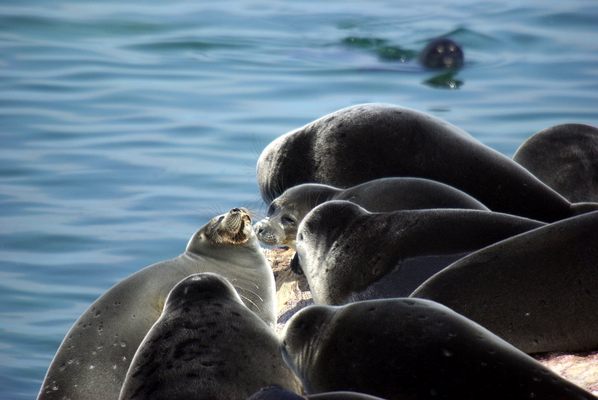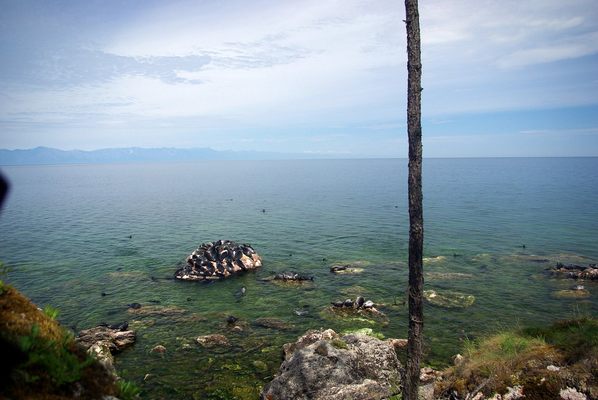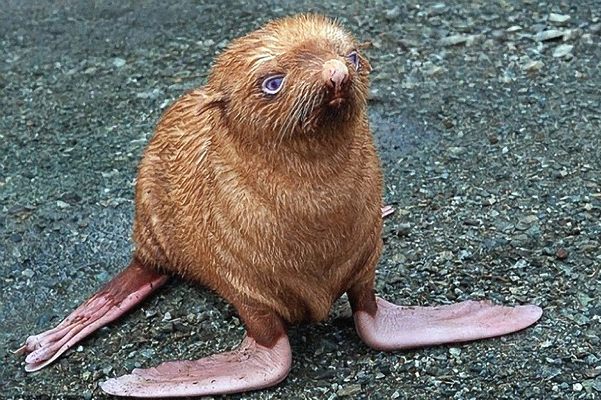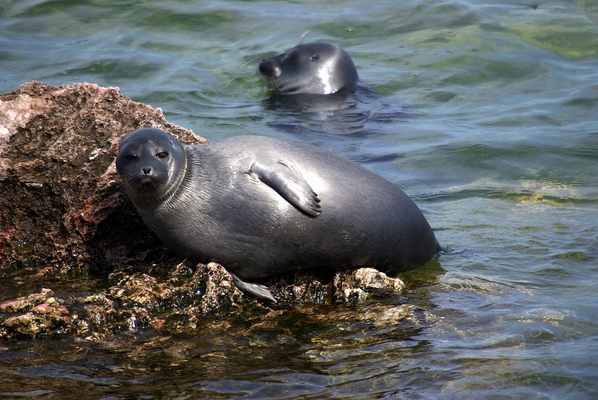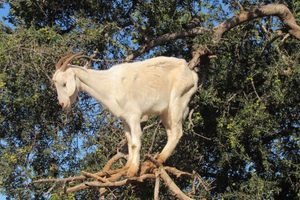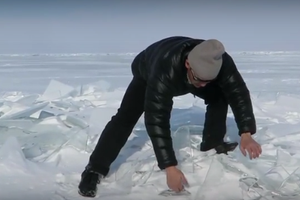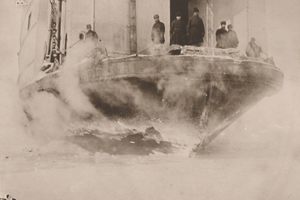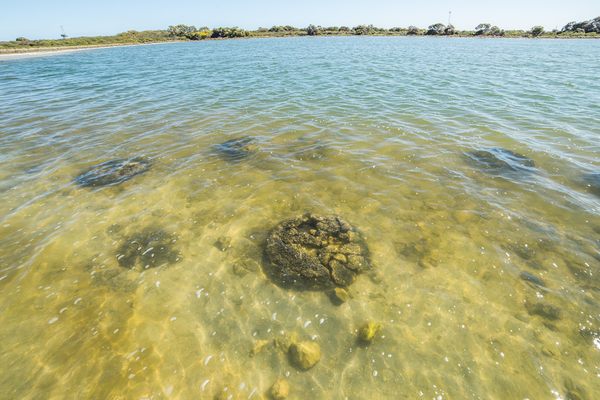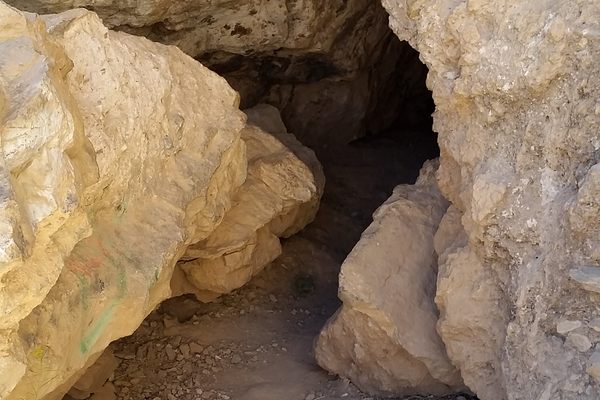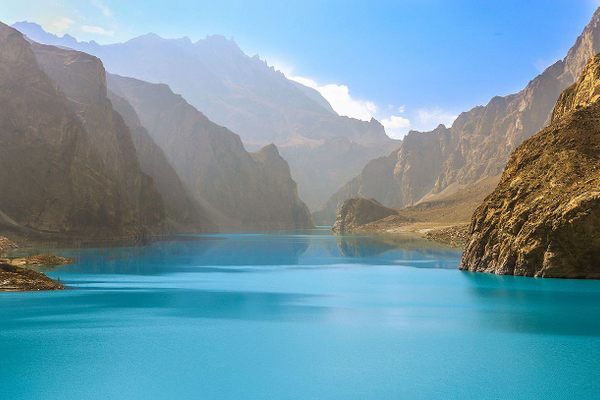About
Harbor seals, grey seals, elephant seals — these all share a common habitat: the ocean. Baikal seals are among the few seals to live exclusively in freshwater.
The only other species of freshwater seals are the couple hundred Saimaa Ringed Seals found in Lake Saimaa in Finland and the few thousand Ladoga Ringed Seals in Lake Ladoga in northwestern Russia. The Baikal Seals are named after Lake Baikal, which is the only place in the world where these special little seals are found.
Lake Baikal in Siberia is itself a record-holding site. It is the world's oldest lake, dating from 25 to 30 million years ago, and the world's largest lake, 395 miles wide and more than 5,000 feet deep.
The seals are relatively small, only about four feet long and weighing around 150 pounds each. They survive on the small fish that reside in the lake.
Every winter, the lake freezes over. In order to breath during these months of frost and darkness, the seals dig breathing holes with their sharp claws and sometimes with their teeth. Pregnant females will spend most of the winter on the ice.
Though some poaching has reduced the seal population, local governments now restrict hunting and the population is around a comfortable 80,000 animals. Because this is their only habitat, though, the seals would be easily threatened if the ecosystem was disrupted.
Zoologists have hypothesized that the seals came to the lake when it was still connected to the Arctic Ocean.
Related Tags
Published
July 28, 2010
